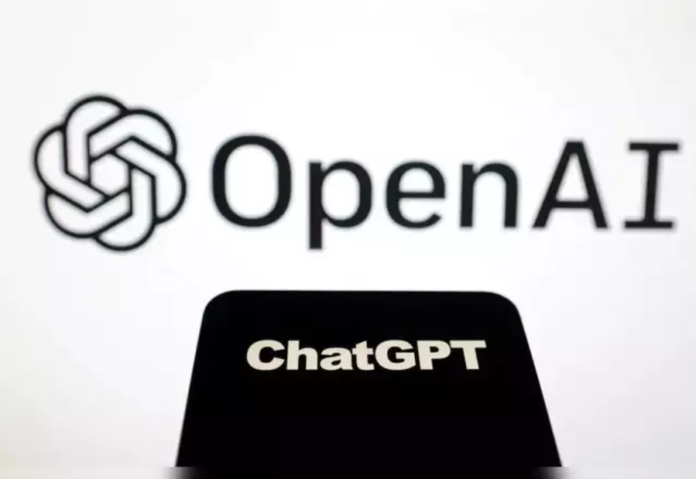The development of artificial intelligence has not only transformed technology in recent years, but it has also brought up new difficulties for election integrity and cybersecurity. Recently, OpenAI brought to light concerning cases in which cybercriminals used artificial intelligence (AI) tools—especially ChatGPT—to sway US elections. Significant questions concerning disinformation and manipulation and the general soundness of democratic processes are brought up by this development.
Cybercriminals have found that ChatGPT and other AI models can produce compelling content at a never-before-seen scale. Malicious actors can use this technology to produce phoney campaign materials, social media posts, and even news articles with the intention of misleading voters. The company discovered in the analysis, which was made public on Wednesday, that bogus content, including long-form articles and social media comments, had been produced using its AI models with the intention of influencing elections. The ability of these AI-generated communications to imitate the tone of reliable news sources makes it harder for the general public to tell fact from fiction.
The capacity of cybercriminals to customise their messages to particular groups is one of the trend’s most worrying features. They can create messages that appeal to certain audiences by analysing voter behaviour and preferences using data mining tools. This degree of customisation makes disinformation efforts more effective, giving bad actors the opportunity to take advantage of preexisting political divisions and exacerbate social unrest.
This year, OpenAI has stopped more than 20 attempts to abuse ChatGPT for influence operations. The business disabled accounts that were producing stories about elections in August. Furthermore, accounts from Rwanda were prohibited in July for posting remarks on social media with the intention of influencing the elections in that nation.
Furthermore, false information might propagate quickly due to AI’s ability to produce material quickly. Conventional response and fact-checking systems find it difficult to keep up with the deluge of misleading material. Voters are inundated with contradicting narratives as a result of this dynamic, which further muddies their decision-making.
The potential for ChatGPT to be utilised in automated social media marketing is further highlighted by OpenAI’s findings. This kind of manipulation has the power to distort public opinion and affect voter sentiment in real time, particularly during pivotal periods before elections. Nevertheless, none of the attempts to sway international elections using ChatGPT-generated content have succeeded in going viral or drawing a big audience, according to OpenAI. However, it poses a serious risk to everyone.
Concerns regarding attempts by China, Russia, and Iran to sway the approaching elections in November using disinformation strategies powered by artificial intelligence have also been brought up by the US Department of Homeland Security. The legitimacy of elections is seriously threatened by reports that these nations are employing AI to disseminate false or divisive information.
Also read: Viksit Workforce for a Viksit Bharat
Do Follow: CIO News LinkedIn Account | CIO News Facebook | CIO News Youtube | CIO News Twitter
About us:
CIO News is the premier platform dedicated to delivering the latest news, updates, and insights from the CIO industry. As a trusted source in the technology and IT sector, we provide a comprehensive resource for executives and professionals seeking to stay informed and ahead of the curve. With a focus on cutting-edge developments and trends, CIO News serves as your go-to destination for staying abreast of the rapidly evolving landscape of technology and IT. Founded in June 2020, CIO News has rapidly evolved with ambitious growth plans to expand globally, targeting markets in the Middle East & Africa, ASEAN, USA, and the UK.
CIO News is a proprietary of Mercadeo Multiventures Pvt Ltd.






